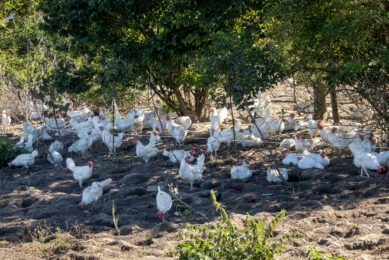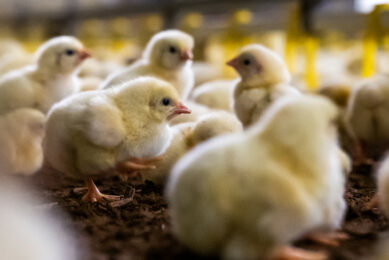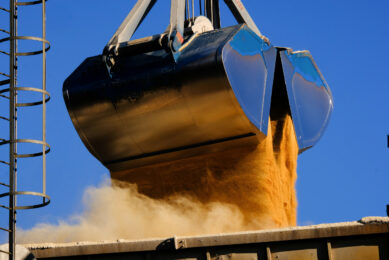Antibiotics are a money-loser in poultry
According to an economic study published by researchers at Johns Hopkins University, the use of growth-promoting antibiotics in chicken feed is a financial loser for poultry producers.
that antibiotics slightly accelerated chicken growth, but that the benefit was
offset by the cost of purchasing antibiotics, with the total cost rising by about
one penny per chicken. The Johns Hopkins study is in line with a 2002 study
by researchers at Kansas State University showing that the use of
growth-promoting antibiotics provided no economic benefits during the
“finishing” stage of pig production, when weaned pigs are grown to
market-weight.
US in line with Europe
Europe has already banned
the use of growth promoting antibiotics. In the US, around 70% of all antibiotics
used (nearly 25 million pounds annually) are used as feed additives
for chicken, pigs, and beef cattle according to estimated by the Union of Concerned Scientists. At the same time, Perdue and
three other large poultry producers: Tyson, Gold Kist, and Foster Farms say they
no longer use antibiotics to promote growth, although there is no way to
verify these claims.
In addition, companies such as McDonald’s and Compass
Group, one of the largest contract food service companies in North America, have
adopted policies that prohibit the purchase of certain meats if the animals were
given antibiotics important in human medicine to accelerate their
growth.
The study, “Growth Promoting Antibiotics in Food Animal
Production: An Economic Analysis,” appears in the January-February issue of Public Health
Reports. It was written by
Jay P. Graham, MBA, MPH, John J. Boland, PhD, and Ellen Silbergeld, PhD, at the
Johns Hopkins Bloomberg School of Health.











